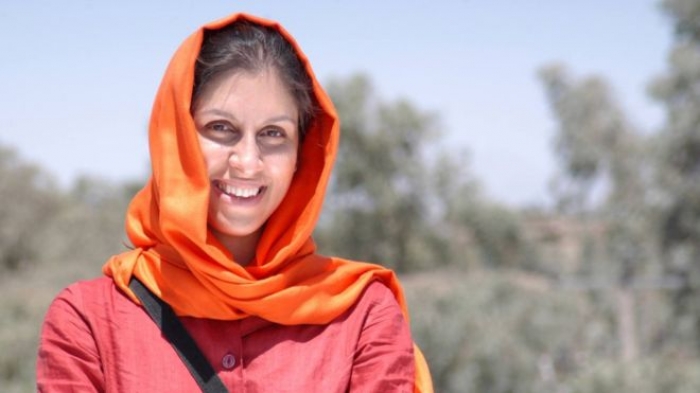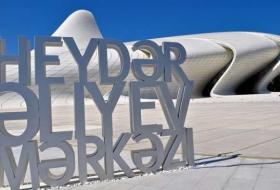The lawyer relayed the news to Ms Zaghari-Ratcliffe and her family in Iran on Wednesday.
Mr Ratcliffe said: “It’s not the same as a decision having been made to release, but it is a very clear positive sign towards that.
“The lawyer also said ‘I think they are just going to finalise the paperwork.'
"It doesn’t mean she is going to be out tomorrow. His [the lawyer's] estimate was a couple of weeks.”
Mr Ratcliffe added: “It is definitely positive. It’s hard to know how positive, but for me, it’s now a question of when not if.”
It marks a dramatic turnaround in the dual British-Iranian national's case, one that seemed unimaginable little more than a month ago, when comments by Foreign Secretary Boris Johnson seemed to have done huge damage to her hopes of freedom.
Ms Zaghari-Ratcliffe had become eligible for early release on November 23, the 600th day of her imprisonment, when she had served a third of a five-year sentence imposed in September 2016 for threatening Iranian national security.
In October, about a month ahead of that deadline, her lawyer submitted an application to the Iranian prosecutor’s office saying she should be considered for early release.
The application was supported by a letter from the head of Evin Prison in Tehran which said she had been a good prisoner and emphasised her poor mental and physical health, as well as the effect of her imprisonment on her three-year-old daughter Gabriella.
But on November 1 Mr Johnson told MPs on the Foreign Affairs Committee (FAC) that Ms Zaghari-Ratcliffe had been “simply teaching people journalism” in Iran.
He was wrong. Ms Zaghari-Ratcliffe had been on holiday, enjoying the Iranian New Year celebration Nowruz with Gabriella and her Iranian family, and was a charity worker who has never taught journalists in her life.
But the Iranians seized on Mr Johnson’s gaffe and portrayed it as an accidental confession.
On the first Iranian working day after the Foreign Secretary’s appearance before the FAC, Ms Zaghari-Ratcliffe was hauled before a hardline judge to be told she faced a new charge of “spreading [hostile] propaganda”.
The new charges seemed to have ruined her chances of early release and threatened to land her with a fresh conviction that would have doubled her jail time.
Mr Johnson faced British MPs calling for his resignation, and Ms Zaghari-Ratcliffe was pushed to the verge of a nervous breakdown.
But Mr Ratcliffe told The Independent that Mr Johnson’s visit to Iran on December 9-10, when he had “frank” talks about the charity worker’s case, had resulted in “incredibly encouraging developments”.
Foremost among them was the cancellation of Ms Zaghari-Ratcliffe’s court appearance on the new charges, which had been scheduled for December 10.
“Just the fact of Boris Johnson going to Iran,” says Mr Ratcliffe, “Meant the trial disappeared.”
“Nazanin was due to appear in court on the new charge on the Sunday, while the Foreign Secretary was still in Iran. The court appearance was postponed.
“Then on the Monday [December 11] the president of the court announced there was no trial and the foreign media had been wrong in saying there was one.”
The dropping of the charges seems to have enabled the Iranian judiciary to consider the early release question.
Ms Zaghari-Ratcliffe’s lawyer did not know when the judiciary marked her case as eligible for early release, but Mr Ratcliffe said: “Authorisation for that would have come after the Foreign Secretary’s visit.”
He added: “I am trying not to put a target on it [the release date], but it is definitely a step forward.”
More about: #Iran
















































